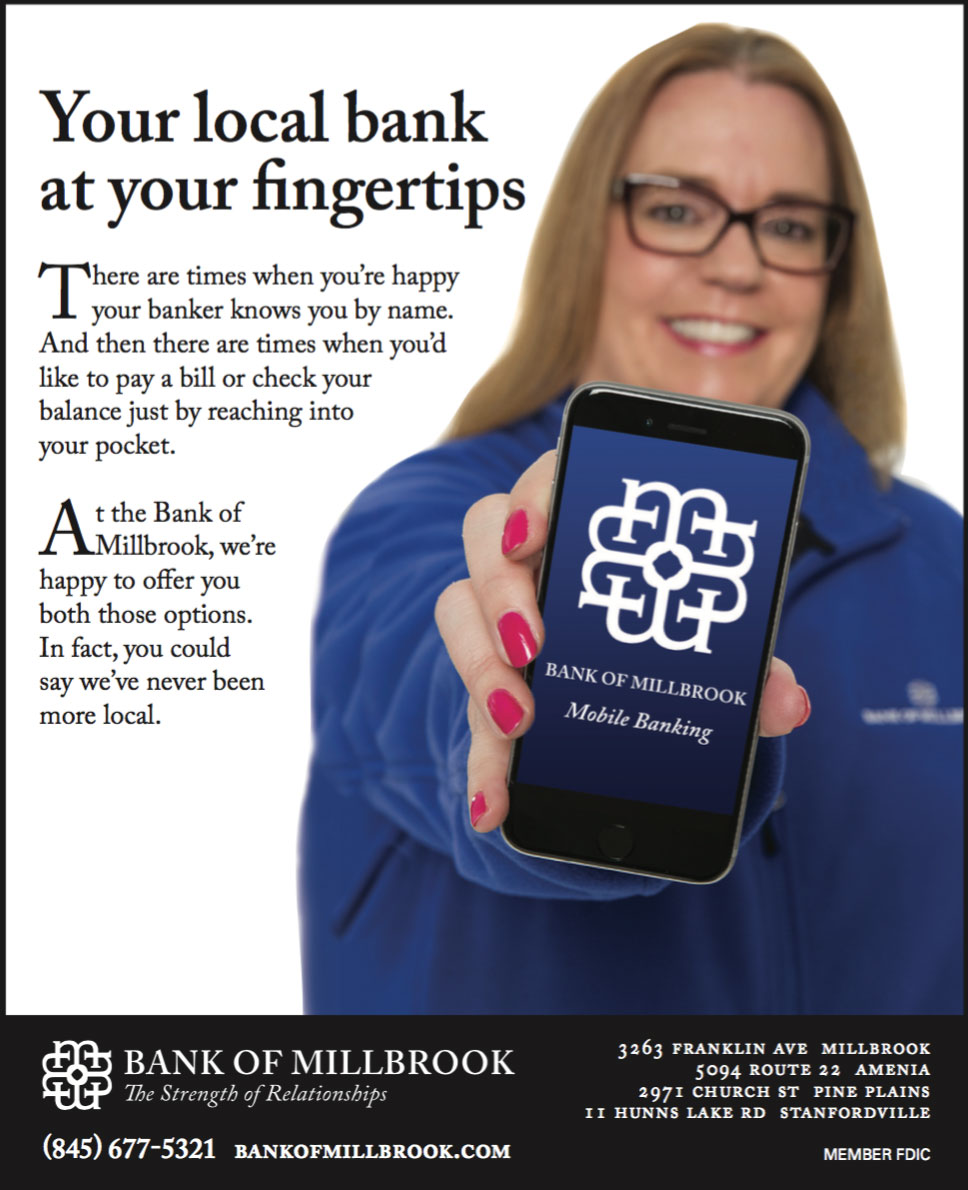Report Email Fraud
Always use and update your computer security software
For your safety, please keep in mind the “cyber criminal” are continually attacking systems at all banks. You must do your part to help us thwart their activities. Always use and update your computer security software. Update it every year to a new version. Never purchase security software online, always purchase it in a box from a reputable retailer. The Bank of Millbrook recommends Symantec Norton 360 Network Security for personal computers.
If you think you are the victim of email fraud, or you have received an email of questionable origin, please contact your local branch.
Here are some common methods of fraud you should know about.
New Scam: “Vishing”
Con artists are using the telephone in an attempt to trick you to act on an email that looks like it was sent from Paypal The email warns you that there is a problem with your account. However, there is no link to click. Instead the user is asked to call a phone number where an automated answering machine asks for account information. If you receive this type of message via email, delete it right away.
Sometimes vishing will begin with a phone call, not an email, and these calls are believable because the caller already knows your credit card number, and wants you to provide the additional pieces they need to make fraudulent use of the account. If you receive one of these calls where someone is asking you to provide or confirm your personal information, immediately hang up and call your financial institution at the number on the back of your card.
Impersonation/Identity Fraud
Impersonation fraud occurs when someone assumes your identity to perform a fraud or other criminal act. Criminals can get the information they need to assume your identity from a variety of sources, such as the theft of your wallet, your trash, or from credit or bank information. They may approach you in person, by telephone, or on the Internet and ask you for the information.
Tips to avoid Identity Fraud
Never throw away ATM receipts, credit statements, credit cards, or bank statements in usable form.
Never give your credit card number over the telephone unless you make the call.
Reconcile your bank account monthly and notify your bank of any discrepancies immediately.
Keep a list of telephone numbers to call to report the loss or theft of your wallet, credit cards, etc.
Report unauthorized financial transactions to your bank, credit card company, and the police as soon as your detect them.
Review a copy of you credit report at least once each year. Notify the credit bureau in writing of any questionable entries and follow through until they are explained or removed.
If you identity has been assumed, ask the credit bureau to print a statement to that effect in your credit report.
If you know of anyone who receives mail from credit card companies or banks in the names of others, report it to local or federal law enforcement authorities.



